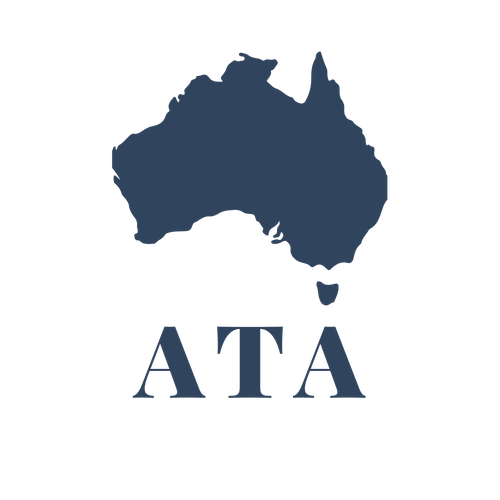The government needs to wean itself off tobacco tax
Albert Einstein pointed out the obvious when he said, “We can not solve our problems with the same level of thinking that created them.” This year alone the Australian Border Force’s Illicit Tobacco Task-force seized 421 million cigarettes and 175 tonnes of loose leaf tobacco. The regular excise tax increases for tobacco products has made the illicit trade increasingly profitable.
Between 2018 and 2019, illicit tobacco sales jumped from 14.1 per cent to 20.7 per cent of all tobacco sales. The potential profits for selling tobacco illegally now outweigh the risks and additional cost of sneaking ciggies across the border. And the markdown on black market cigarettes has prompted 20 per cent of smokers to buy illegally.
A certain percentage of Australians are simply addicted to cigarettes. The government can try various ways of incentivising them to stop, unsurprisingly these tricks are ineffective against the well known highly addictive nature of nicotine.
According to the National Institute of Health, 20 to 25 per cent of Australian smokers become dependent, smoking cigarettes daily. These smokers need a viable alternative to cigarettes such as vaping products to help them quit. Plain packaging leads to poorer Australians purchasing a larger quantity of lower quality cigarettes. The high excise tax means addicted smokers have less money to spend on other healthier things.
A recent KPMG report showed Australia’s tobacco excise is one of the highest in the world. Yet our quit rates have stagnated. In Australia, a pack of Marlboros costs $33.16, but in South Korea the same ciggies only cost $5.51, in China $4.94, and in Indonesia a mere $2.64. That’s a lot of money to be made if you are considering entering the illicit tobacco market.
As a result, criminals jump to take advantage of the opportunity.
The Australian Border Force has stepped up to stop the dealers from sneaking tobacco into the country from overseas. But with so much money to be made, criminals simply adapt. The more Australia cracks down on the tobacco trade, the more quickly dealers will organise into gangs.
Currently, illegal tobacco is sold through small-time dealers able to sneak the product in over the border at low cost. With low fines, they can make a living without endangering the community like we see with the illegal drug trade.
The greater the risk the more violent and dangerous the tobacco trade is likely to become. It isn’t the nature of the product that leads to violent crime, it is the type of enforcement. This was the case with alcohol prohibition in the states. It is the case with hard drugs, like ice, here in Australia. It will be the case with tobacco if the Australian government further restricts the legal market and police crackdown on the black market.
While at this point, the illicit tobacco trade hasn’t had a significant negative impact on society, some argue it isn’t a victimless crime because of the ‘lost excise tax revenue.’ However, they fail to account for the wasted tax revenue spent maintaining an Illicit Tobacco Taskforce. These resources could be better spent.
The Australian government has entered a dangerous cycle of overtaxing cigarettes and creating a black market. They then spend more taxpayer dollars to extinguish illicit trade. Government coffers start to look a little less full just in time for the next tobacco tax hike.
The higher the tobacco tax, the more criminals will dive into the black market, and the more the taxpayer will need to spend to crack down on the illegal tobacco trade. It doesn’t take a genius to realise we shouldn’t increase the tobacco excise this September unless we want to further subsidise illicit trade.
This article first appeared in the Spectator Australia on 23 August 2020.
